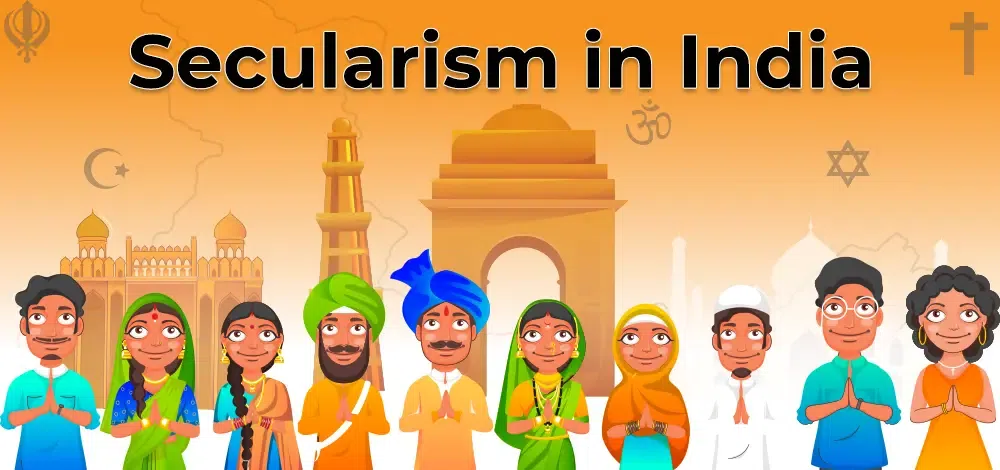In a country like India, where diverse faiths and beliefs coexist, understanding secularism is crucial for building a harmonious and inclusive society. Secularism is often perceived as a Western concept, but its relevance in the Indian context is undeniable. In this article, we will go into the meaning and significance of secularism in India, its historical roots, and its implications on the country’s politics, society, and culture.
A Brief History of Secularism in India
Secularism in India has its roots in the country’s freedom struggle. The Indian National Congress, led by Mahatma Gandhi, advocated for the separation of politics and religion as early as the 1920s. This idea gained momentum during the British colonial era, as Indian intellectuals and leaders recognized the need for a neutral and inclusive political system. The Indian Constitution, adopted in 1950, formally entrenched secularism as a fundamental principle, enshrining it in the Preamble and Article 25.
Key Principles of Secularism

Secularism in India is built on three key principles: (1) equality of all citizens, (2) freedom of religion, and (3) neutrality of the state towards religion. The Indian Constitution guarantees the right to freedom of religion, ensuring that individuals are free to practice their faith without fear of persecution or coercion. At the same time, the state is prohibited from promoting or propounding any particular religion. This neutrality enables all religions to coexist peacefully, fostering a pluralistic society.
Challenges and Controversies
Despite the importance of secularism in Indian society, the concept is not without its challenges and controversies. accusations of religious bias and discrimination continue to plague the country. The rise of political parties and social movements that espouse a particular religious ideology has threatened the secular fabric of Indian society. Additionally, issues such as temple-entry disputes and the propagation of religious conversion have sparked heated debates and protests. In recent times, communal polarization and mob lynching have become increasingly prevalent, undermining the very fabric of secularism.
Secularism is a cornerstone of Indian democracy, ensuring that the state remains neutral and impartial in matters of religion. While India has made significant progress in promoting secular values, the country still faces numerous challenges in upholding the principles of secularism. It is essential for the government, civil society, and individuals to work together to create a society that is inclusive, tolerant, and respectful of all faiths and beliefs. By doing so, India can continue to embody the values of secularism, promoting peace, unity, and social harmony.


